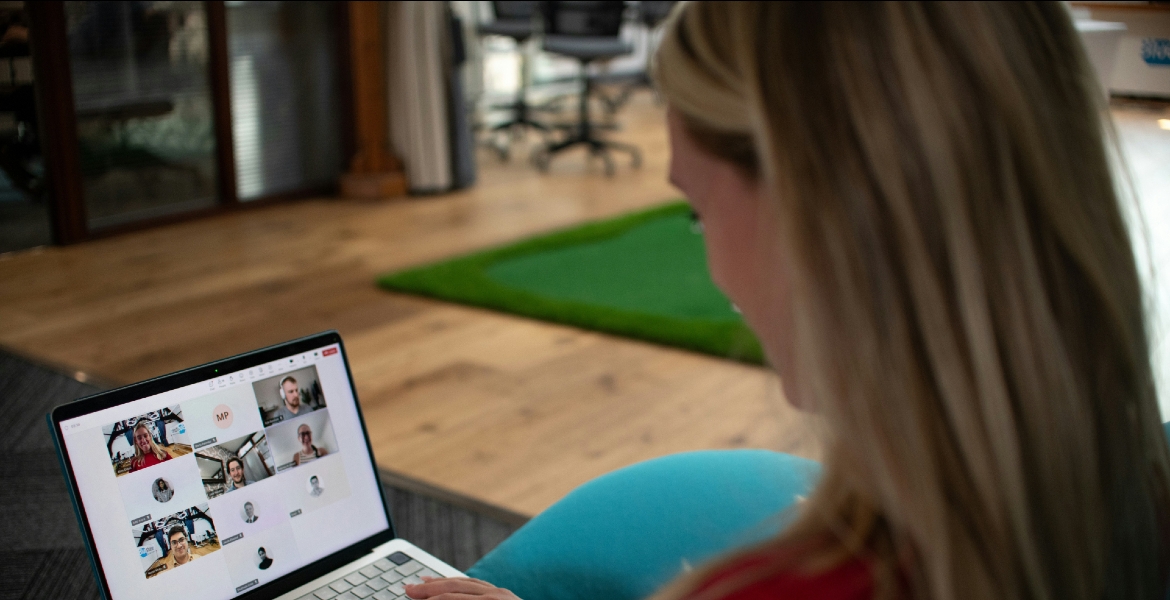Meal Vouchers: The Principle of Equality Reaffirmed for Remote Workers

In a ruling delivered on October 8, 2025, the Cour de cassation (French Supreme Court) confirmed that employees working remotely are entitled to meal vouchers (titres-restaurant) on the same basis as those working on-site. The case was brought by an employer who had refused to grant this benefit to an executive working from home during the pandemic. The Court reaffirmed that remote work cannot justify unequal treatment between employees.
In a ruling delivered on October 8, 2025, the Cour de cassation (French Supreme Court) confirmed that employees working remotely are entitled to meal vouchers (titres-restaurant) on the same basis as those working on-site. The case was brought by an employer who had refused to grant this benefit to an executive working from home during the pandemic. The Court reaffirmed that remote work cannot justify unequal treatment between employees.
A Dispute Arising During the Remote Work Period
Mr. G., Sales Director with the company since 1988, worked remotely between March 2020 and March 2022, during the pandemic. During this period, the employer suspended the distribution of meal vouchers to remote employees, granting them only to those physically present at the office.
Feeling unfairly treated, the employee brought the matter before the Conseil de prud’hommes (labor court), seeking payment of the employer’s contribution to meal vouchers—around €1,700. In January 2024, the judges ruled that remote work could not justify such a difference in treatment and ordered the employer to pay.
The employer appealed this decision, arguing that the situation did not amount to discrimination based on a prohibited ground nor a violation of the principle of equality, as remote workers were not in a comparable situation to on-site employees.
The Court Reaffirms a Clear Principle: Equal Rights for All
The Cour de cassation rejected this argument. It first referred to Article L.1222-9 of the French Labour Code, which stipulates that a remote worker is entitled to the same rights as an employee working on the company’s premises. The Court further clarified, in light of Articles L.3262-1 and R.3262-7, that the only condition for receiving meal vouchers is that the meal is part of the working day.
Therefore, an employer cannot deny this benefit solely on the grounds that an employee works from home. According to the Court, the mode of work execution (on-site or remote) does not alter the nature of the right. Employees in comparable situations must be treated equally, unless an objective and verifiable justification exists—which the employer failed to demonstrate.
A Minor Correction, a Major Symbolic Impact
The Supreme Court did, however, note a clerical error in the initial ruling: the amount owed was €1,700.88, not €1,788.88. It ordered the correction without overturning the substance of the decision.
The employer was also ordered to pay legal costs and €3,000 to Mr. G. for legal fees (under Article 700 of the French Code of Civil Procedure).
Rendered “in the name of the French people,” this ruling reaffirms an essential principle: remote work cannot result in a reduction of rights or collective benefits. In a context where remote work has become a lasting norm, the Cour de cassation sends a clear message to employers — equality of treatment applies, even behind a screen.
Source(s): Ruling of the Cour de cassation, Social Chamber, October 8, 2025, No. 24-12373
